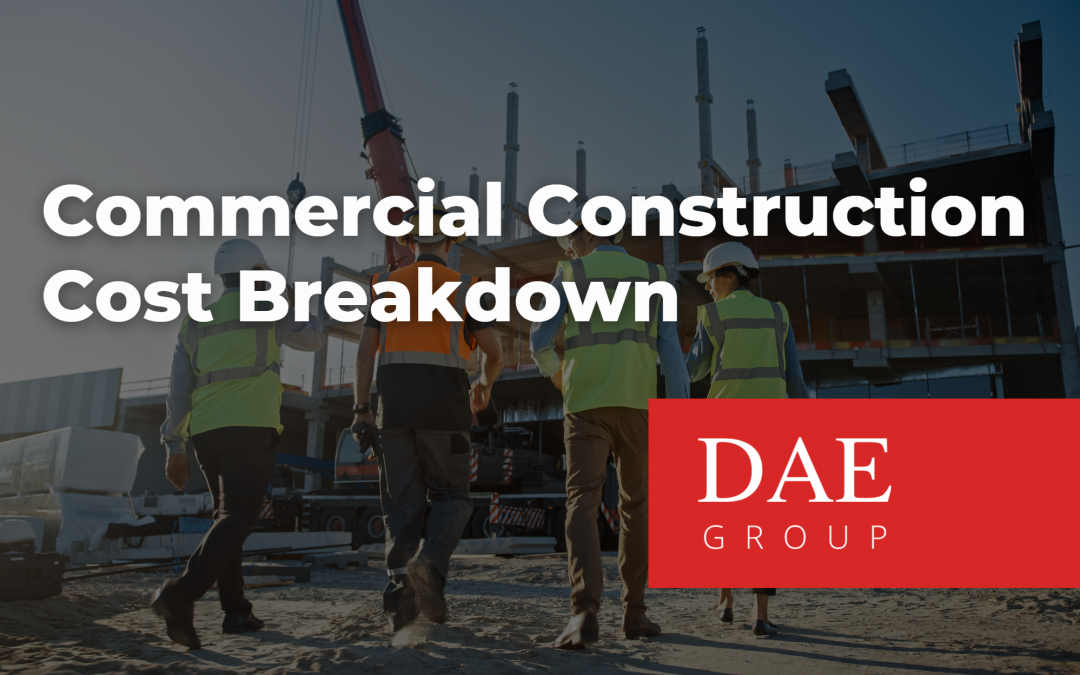The definition of cost from an economic standpoint is that cost is whatever someone has to give up to get something. There are four fundamental types of cost – time, energy, money and lost opportunity.
When dealing with commercial construction costs the type of cost that is estimated is generally money.
Being able to accurately anticipate commercial construction costs is essential to the development of a successful project as it sets the baseline for what revenues need to be generated by the project to make it viable.
Commercial construction costs vary depending upon what type of real estate is being considered – office, retail, single-family, multi-family, industrial, medical, educational, hospitality or mixed use. Below is a quick overview of some of the cost breakdowns of commercial construction costs at various times in the development process:
Pre-Acquisition Costs
- Land option costs
- Market analysis fees
- Legal fees
- Environmental studies
- Feasibility studies
- Zoning and traffic studies
Development Costs
- Land costs
- Architect, design fees
- Engineering fees
- Permit fees, tap fees
- Land preparation, demolition, utilities, grading
Construction Costs
- Hard Costs
- Materials and labor
- General Contractor/Subcontractor fees
- Soft Costs
- Interior build out/finishes
- Inspections
- Security, telephone, cabling, millwork
Cost of Equity/Debt
- Cost of money required to assess opportunity, buy, build, and operate the project.
Operating Costs
- Property taxes
- Insurance
- Common area maintenance fees
- Management fees, building maintenance & repair, property lighting, water, electrical, landscaping, internet/technology, janitorial, window washing, parking lot maintenance, security, sales/leasing commissions, elevator, water & sewer
Commercial construction costs vary from city to city and from one moment in time to another. When anticipating commercial construction costs some of the most common problems include:
- Underestimating
- Missing types of cost
- Supply chain disruptions
- “Happy path” calculations – assuming the best circumstances
- Weather delays
- Failing to consider local labor customs
- Poor “up front” planning
- Inflation
- Supply and demand
- Aggressive scheduling
- Change orders
To avoid the pitfalls of not anticipating accurately commercial construction costs have your numbers reviewed by experts, such as the DAE Group. Better foresight early in the process can save you lots of time, energy and money later in the project.

